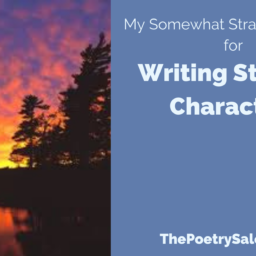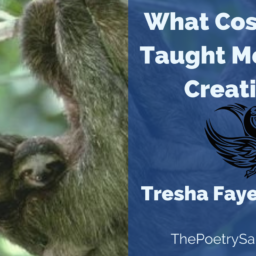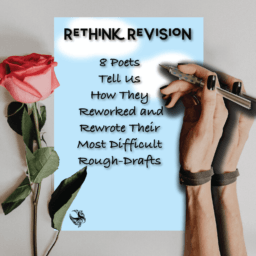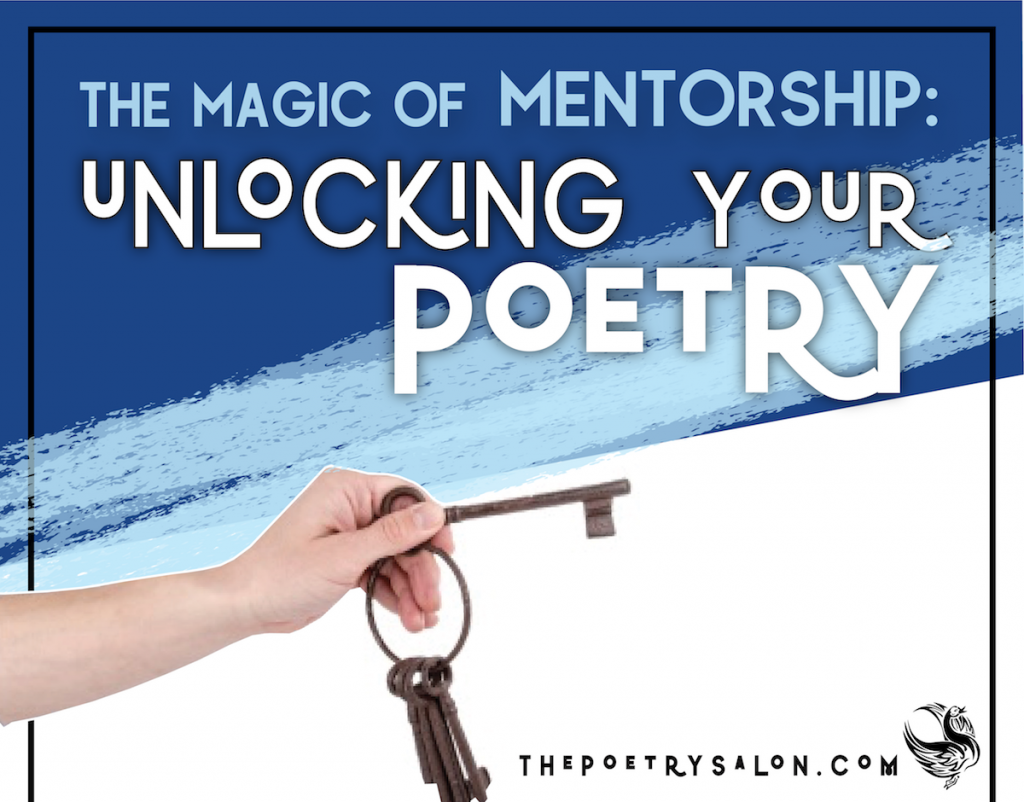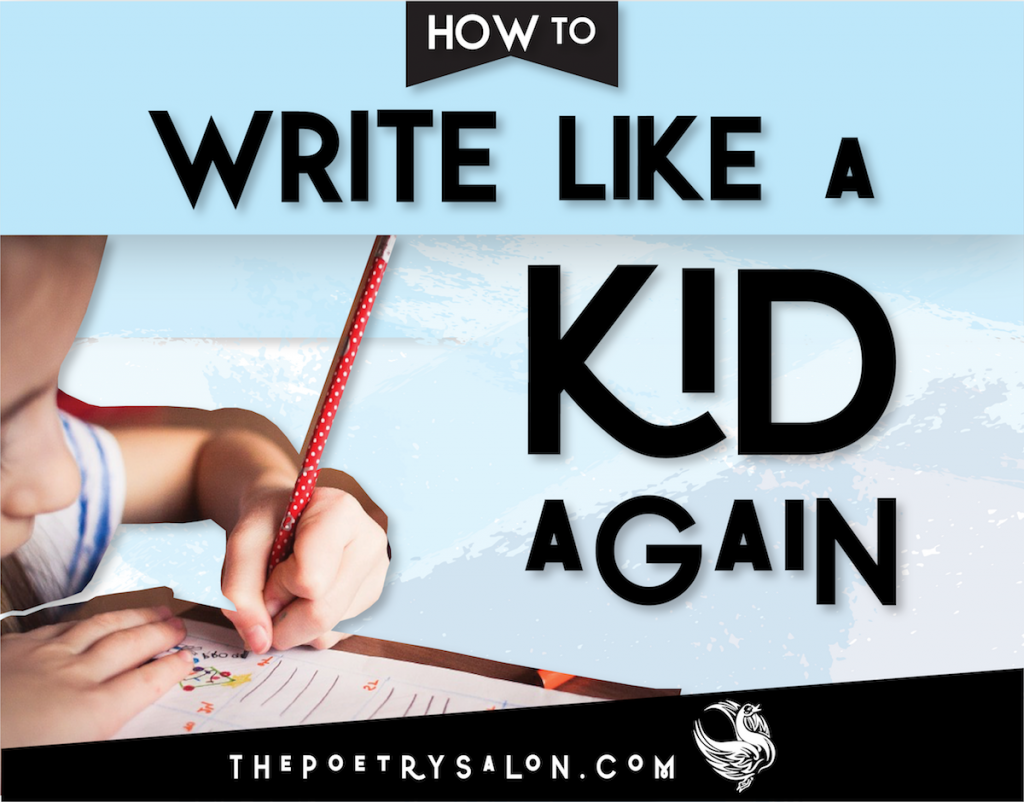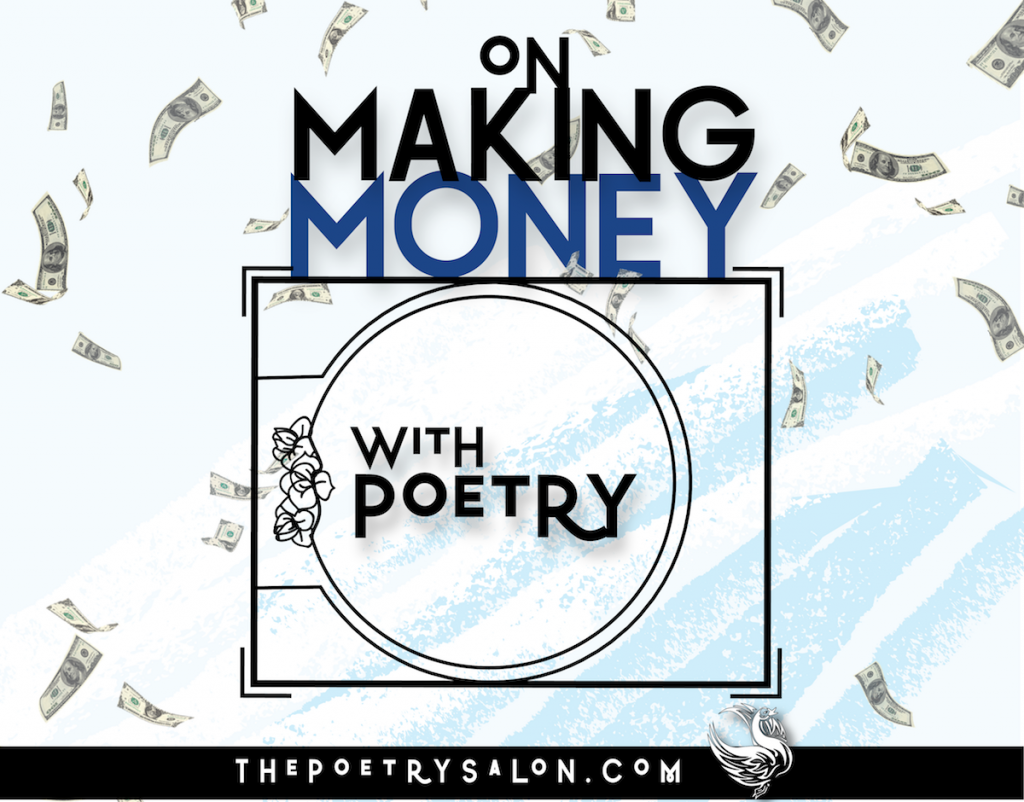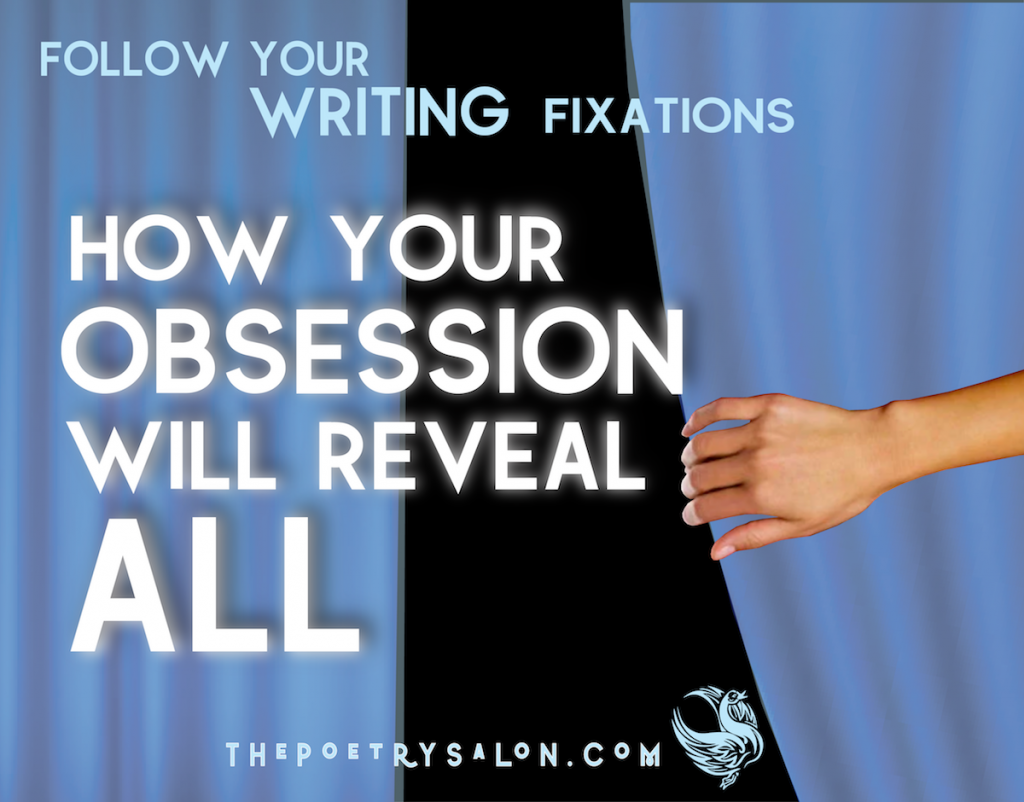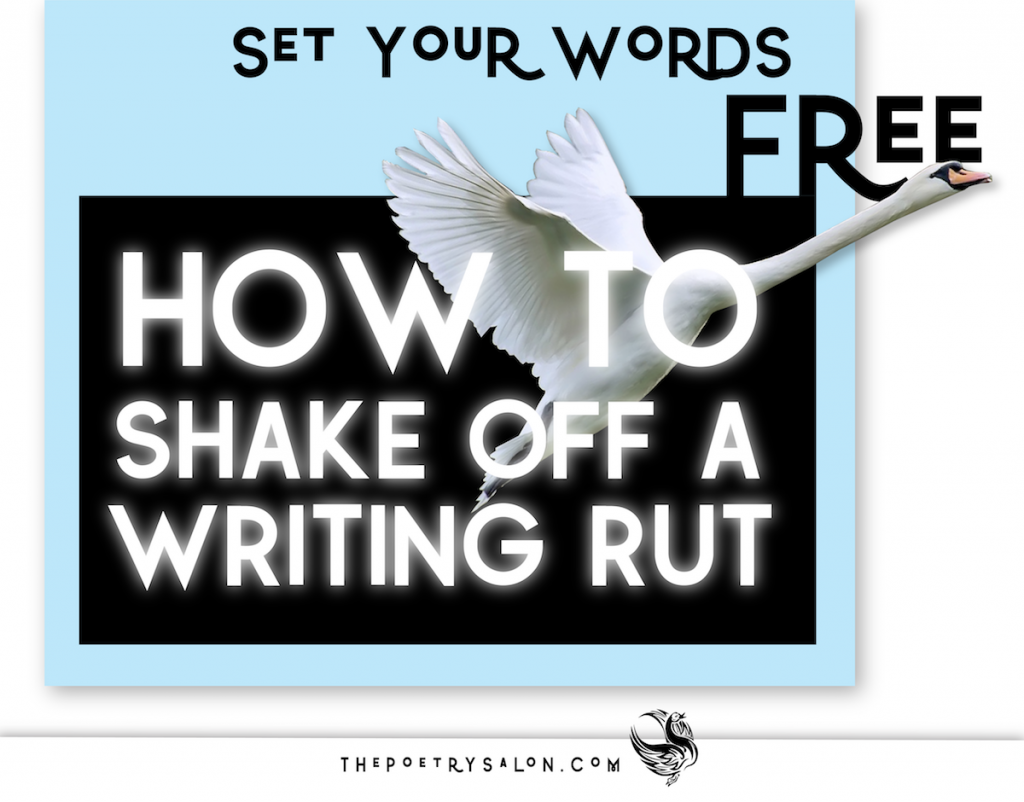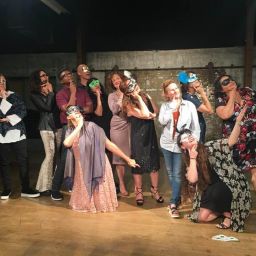Brian Sonia-Wallace has one of the more unique writing careers of any poet I’ve ever known. At an age when most people are getting their first jobs, flipping burgers or interning at XYZ company, Brian parked himself behind his typewriter on the sidewalks of Los Angeles. He began busking for passersby – making poetry for people on the spot, then reading the poem he’d just invented as performance. As so many great Hollywood stories go, someone spotted him and offered him a gig as the entertainment at a corporate event. This led to another and another.
Thousands of pieces later, Brian established RENT Poet, (website here), which gathers friends and fellow poets to write and perform at “weddings, birthdays, corporate events… and the odd Bar Mitzvah.” Whereas most poets write to figure something out for themselves, Brian and those at RENT Poet type verse specifically for patrons and guests at their events, providing them poems that serve their own needs, rather than the needs of the poet.
How does one write this way?
How is it different from other ways of writing?
In many ways, I think Brian’s enterprise shows us what we really want from poetry. It’s not just a means to peacock our literary skills to be edified or educated (though it is those things as well). It is a way for people to connect. Brian calls it a “dialogue towards empathy,” while noting that he is specifically not trying to give advice or do therapy. He is not trying to make grandiose proclamations. The central question of his work is, “What would it mean to call every stranger a friend?” It’s almost a hypothetical: how do you engage with them as if there’s a continuing relationship?
The communal space of poetry that RENT Poet creates allows people to be seen and experienced by another, to be known in their present story, to move toward vulnerability, maybe laugh a bit at fate or oneself. And while Brian admits that the poems they whip out in mere minutes can be “kinda dumb”, he gets to read them out loud or watch others read them in real time.
More than posterity
“To get to watch other people, in the moment, have a reaction to it and have a relationship with it, and to think, cool, it doesn’t matter whether I think this text is good. This text did something for this person, and that was its goal, so whether or not it has literary merit, whether it’s going to live on in the Library of Congress, we get to see other people respond to it.” Brian has seen people he wrote for a single time many years ago follow him on social media ever since. People who are essentially strangers come up to him saying they still treasure the memory of that spontaneous moment of inspiration.
One thing Brian notes on his website, and in his collection of RENT Poet pieces The Poetry of Strangers, is that all of us are hungry to connect. Poetry doesn’t have to be highly elevated or literary to connect people. He admits that he isn’t entirely sure how the alchemy of the pieces work, beyond placing oneself in empathy. “I talk to the person until I find myself, and then I write that. There’s not a reach for that solution; there’s a reach for, what part of me do I see in you? What part of me can I give you that you will recognize?”
This is reflected in his four-part prompt/guideline for writing. No matter who you are, you can give it a try yourself.
Prompt:
Try out the four general elements of a RENT Poet poem. These can be in any order and occur multiple times in a piece or even within a single line or stanza.
-
- Something Familiar – so the person can recognize things they already know about themselves
- Something Beautiful – so that it registers as a poem; some kind of elevated language
- Something Strange – as a counterpoint to something familiar. The poem isn’t just what the person already knows or wants to hear; it reaches beyond that for the magical, unexpected or mysterious. The poem offers them the potential for expansion
- A joke – so the reader doesn’t take it too seriously. This is art and play. It’s not catharsis or therapy; it’s a poem. This is “joke” in a very broad sense of the word – a playful use of words, a pun, a wry twist on an idea, a double meaning.

